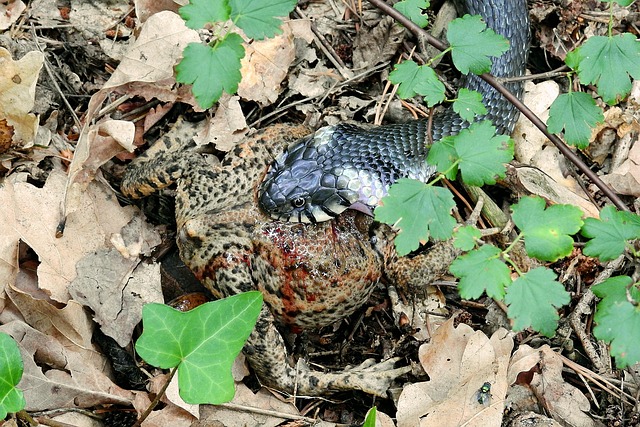Victim-blaming, a term often associated with personal trauma, takes on a broader, more insidious meaning when we delve into environmental issues like deforestation. In recent years, as climate change has become an urgent global crisis, the narratives surrounding those affected by it have come under scrutiny. Instead of focusing on systemic problems driving deforestation, the discourse frequently shifts blame onto communities that are already suffering the consequences of environmental degradation.
Deforestation is not just the removal of trees; it represents a complex interplay of socioeconomic factors, globalization, and corporate greed. Indigenous populations, often portrayed as the villains in these narratives, face the brunt of environmental destruction—yet they are rarely the culprits. Instead, they are the victims of economic exploitation, forced migration, and a loss of their ancestral lands. This is where the alarming concept of victim-blaming emerges. When we lay the blame on these vulnerable communities, we obscure the reality that our world’s ecosystems are under siege by powerful interests that prioritize profit over preservation.
Correspondingly, the connection between deforestation and climate change is profound. Trees act as carbon sinks, absorbing carbon dioxide from the atmosphere. When forests are cleared, not only is this carbon stored released, exacerbating the greenhouse effect, but we also lose the natural defense mechanisms developed through millennia of ecological balance. Those who live in forest-rich areas, often portrayed as hindrances to progress, are in fact essential stewards of the land, defending against climate change—yet they receive the harshest criticisms while the true culprits go unrecognized.
Education plays a pivotal role in dismantling the cycle of victim-blaming. By informing ourselves and others about the complexities of deforestation and its far-reaching implications, we can advocate for a more nuanced perspective. Grassroots movements led by indigenous populations and local communities work tirelessly to maintain and protect their environments. They are the frontline warriors against climate change, yet they remain silent victims of a narrative that insists they are at fault for their plight.
Moreover, rethinking our consumption habits is crucial. From palm oil to paper products, every purchase impacts forests and their inhabitants. Our consumer choices can serve as a form of empowerment. By supporting sustainable practices, we can uplift those who are working toward environmental healing rather than blaming them for the destruction wrought by larger systemic and industrial actions.
To confront victim-blaming in the context of deforestation means recognizing the voices that have been marginalized and raising them up in solidarity. We must shift the narrative from one of blame to one of accountability and restitution. How do we rectify the harm inflicted upon the planet and its people? This question remains complex, but the answers lie in collective action against deforestation and climate change. We, the global citizens, have the power to reshape the conversation, advocating not for blame but for solutions that embrace our ethical responsibility to protect both the environment and the vulnerable communities within it.




